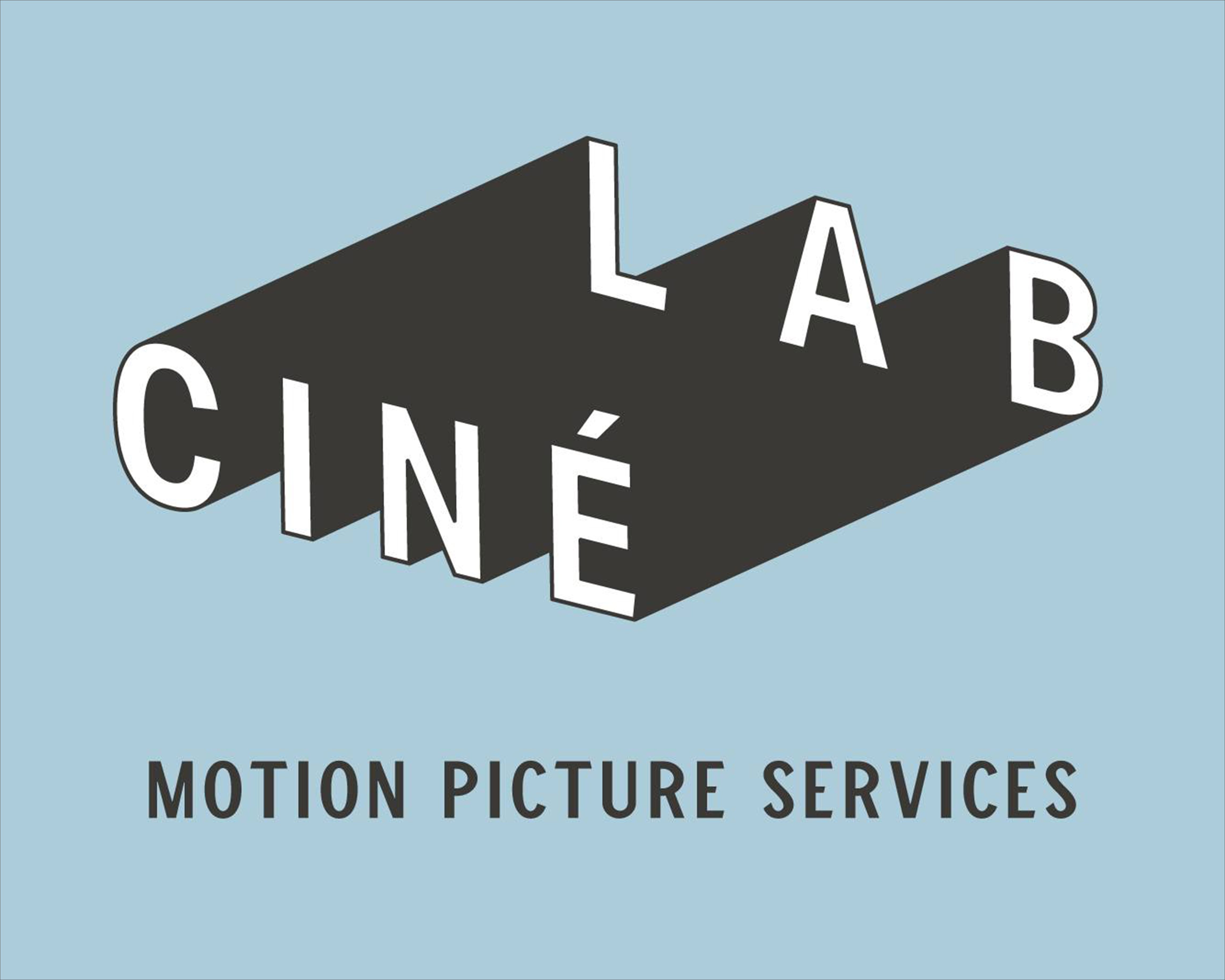bigdaddyross
New member
How important is knowing any kind of cinema history? I don't feel it's necessary, but I do feel strongly that I benefit greatly by comprehending the importance of contributions by Edwin S. Porter, D.W. Griffith, Orson Welles, etc.
The French New Wave movement came from film critics, who deeply understood what was done before them and they pioneered a film movement by taking what was done before and turning it sideways. They had a deep understanding of what was done in the past and re-wrote the book. None of them were ignorant of what was the norm and the standards.
The American film renaissance of the late 1960's starting with Easy Rider opened the door for people like Martin Scorsese, Francis Coppola, Spielberg, etc. and shaped films into a new age of "realistic" portrayals. Large sets were replaced by all location shooting and method acting.
The benefit of knowing cinema history is understanding it's impact on the audience. Having the ideas of what have worked for over 100 years to effect a viewer is like having a rubber band versus a shot gun.
What do you think? How important is cinema history to YOU?
The French New Wave movement came from film critics, who deeply understood what was done before them and they pioneered a film movement by taking what was done before and turning it sideways. They had a deep understanding of what was done in the past and re-wrote the book. None of them were ignorant of what was the norm and the standards.
The American film renaissance of the late 1960's starting with Easy Rider opened the door for people like Martin Scorsese, Francis Coppola, Spielberg, etc. and shaped films into a new age of "realistic" portrayals. Large sets were replaced by all location shooting and method acting.
The benefit of knowing cinema history is understanding it's impact on the audience. Having the ideas of what have worked for over 100 years to effect a viewer is like having a rubber band versus a shot gun.
What do you think? How important is cinema history to YOU?
Last edited:





